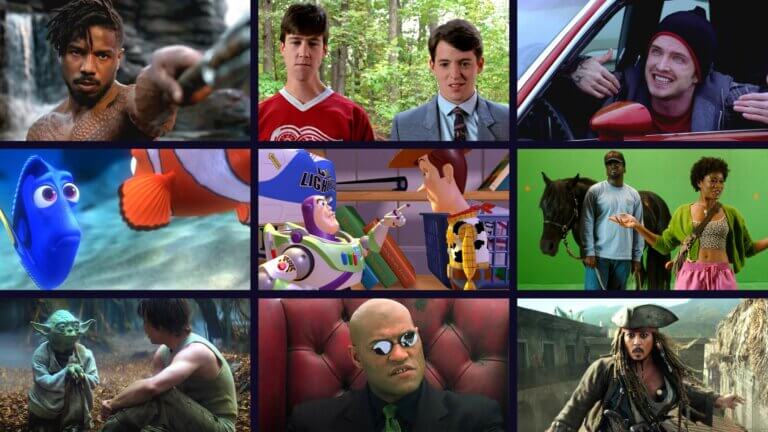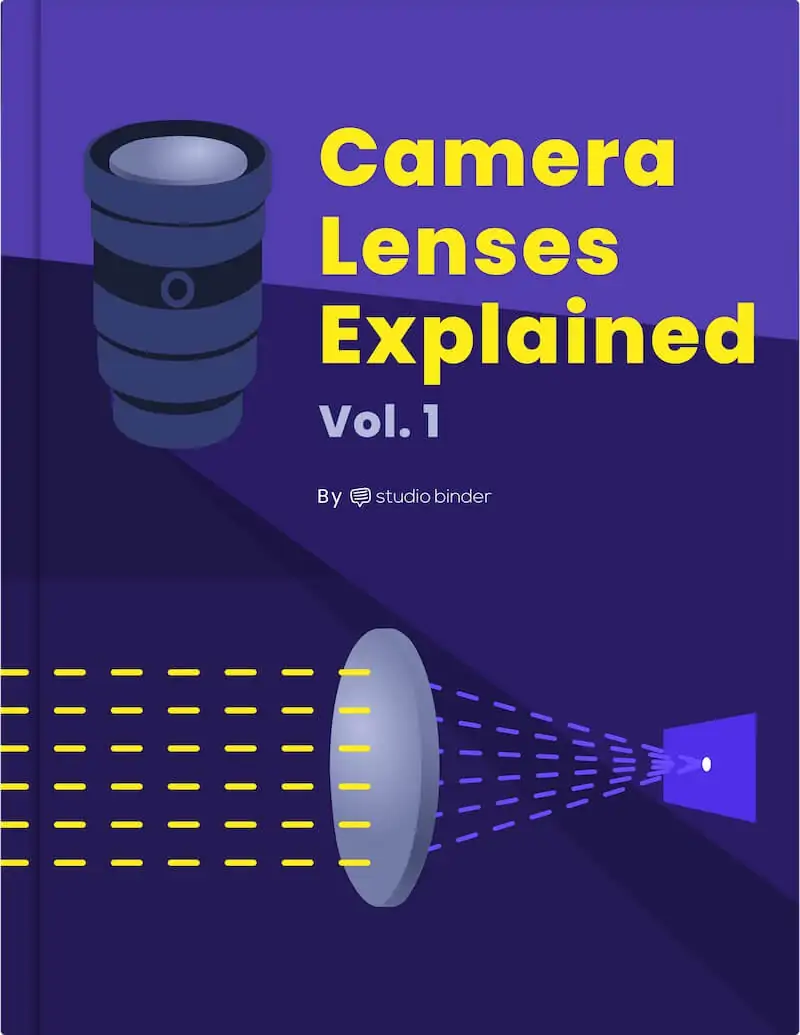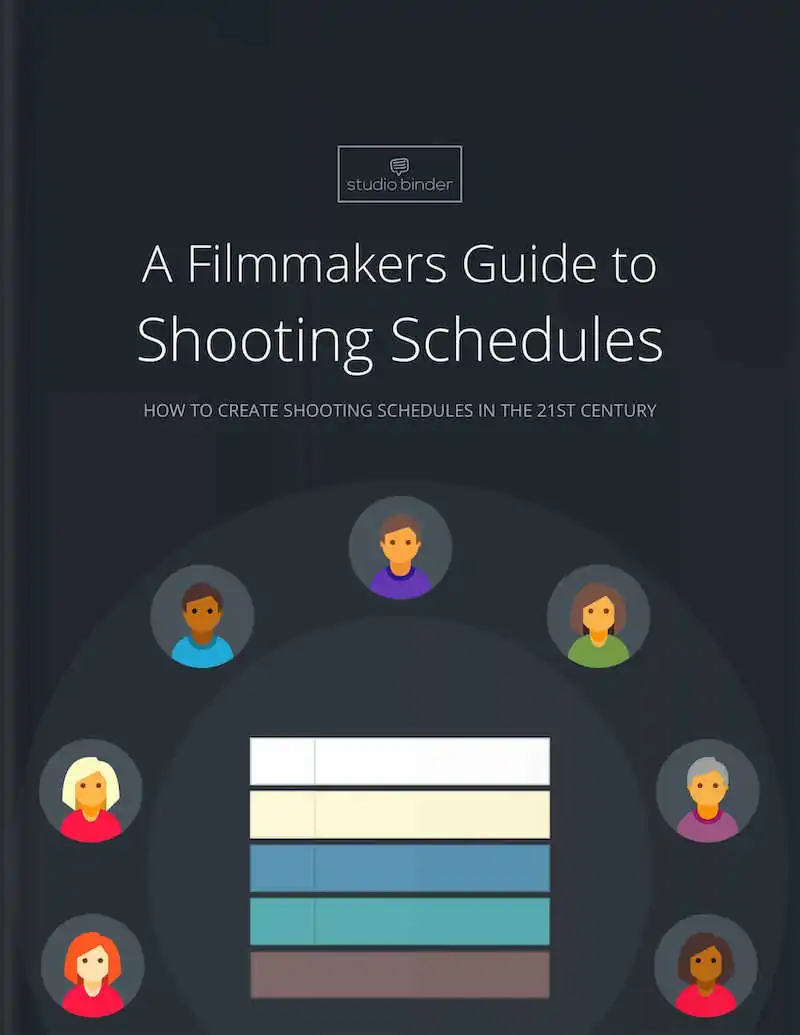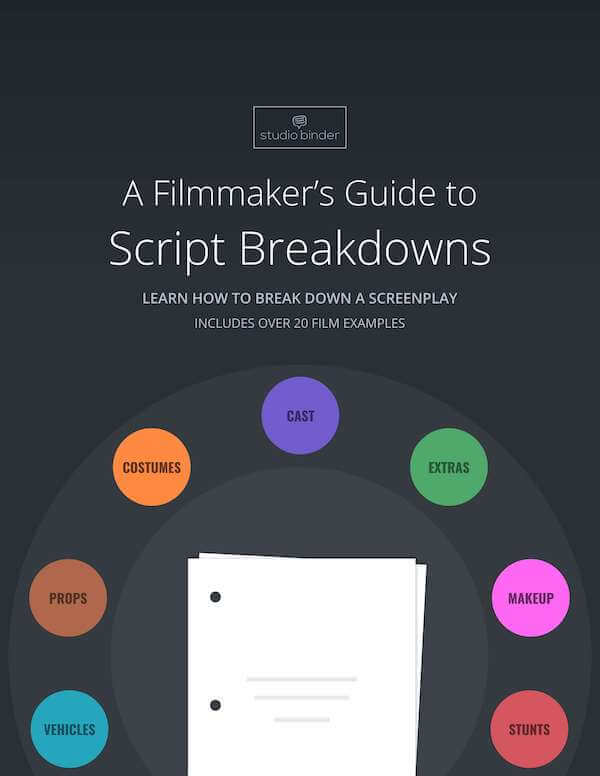What is a foil character? Is it a character who wears tin-foil on their head? Wait no, that’s Joaquin Phoenix in Signs. Foil characters exist to expose something in the main character of a story. You may have heard the term in reference to the works of William Shakespeare, but he’s not the only writer who uses them. We’re going to show you some examples of foil characters from literature, film, and television. By the end, you’ll know how to recognize foils from a mile away and perhaps hatch an idea for your own foil character.Continue reading What is a…
Irony is everywhere, both in art and in real life. Ironically, this can make it all the harder to spot. As one of the most misunderstood rhetorical devices, irony can remain elusive for even the most skilled artists and hawk-eyed audience members. In this article, we’ll lay out some of the best irony examples and explain what makes them work, and what makes them ironic.Continue reading Irony Examples — 3 Forms of Irony in Literature and Film
We’ve all heard of irony. We hear phrases like “Isn’t it ironic how…” incessantly. And yet, for all its ubiquity, irony remains a tricky term that gets misused over and over again. Understanding what irony means, and what it doesn’t mean, can allow you to further appreciate its use in storytelling, and apply its lessons to your own writing. So what is irony? And how can we use it?Continue reading What is Irony — Definition, Examples & Types Explained
Verbal irony can take many forms, each with its own characteristics and purpose. What is understatement? Understatement is a type of verbal irony that turns language into an opportunity to say a lot with a little. Mastering this type of verbal irony is a great tool for any writer looking to bring sophistication and nuance to their dialogue. Let's define understatement with examples that show just how versatile it can be.Continue reading What is Understatement? Definition and Examples for Screenwriters
Metaphors are a crucial part of any writer’s prose. The figurative language technique can illustrate an idea or image in just a few words. Metaphors come in all shapes and sizes. One of the subtlest of its forms is the implied metaphor– a linguistic flare that you can miss if you’re not looking. But just because it can be hard to spot doesn’t mean it’s not important. What is an implied metaphor?Continue reading What is an Implied Metaphor — Definition, Examples & Usages
Dramatic irony is one of the three main types of irony. Like verbal and situational irony, dramatic irony is an integral element of storytelling. The power a writer or director can yield with a firm grasp of dramatic irony is huge. But what is dramatic irony and how does it work?In this article, we’re going to define dramatic irony. We will also discuss the stages of dramatic irony and a subtype called tragic irony. By the end, you'll know how to implement dramatic irony in your own works.Continue reading What is Dramatic Irony? Definition and Examples
Situational irony is a broad term with near-endless applications. At a fundamental level, every story has some aspect of situational irony – which means that it's a key component of storytelling. But what is situational irony? We’re going to define situational irony by looking at situational irony examples in film and TV. By the end, you’ll understand how situational irony works – and how d you’ll be able to add intrigue and complexity to your storytelling.Continue reading What is Situational Irony? Definition and Examples
Verbal irony is the most common type of irony because it’s tied directly to language – which we use every day. But what is verbal irony exactly and what are its different subtypes? We’re going to answer those questions by exploring how verbal irony can add depth and complexity to dialogue and, by extension, characters. In this article, we’re going to define verbal irony; including the different ways it can be used in screenwriting.Continue reading What is Verbal Irony? Definition and Examples
We encounter irony every day: in our favorite movies, TV shows, and in our own lives. Most people have a general understanding of irony but there are also a lot of misconceptions about it. For example, were you aware that there are 3 different types of irony?In this article, we're going to define irony in all its variations. Whether you're writing a short story or a screenplay, irony can be a powerful storytelling tool. You'll be able to recognize the different types of irony and understand how they work. The next step is to carry this understanding straight into your…
Imagine a comedy show where no topic is off-limits, where humor is derived from the most unexpected and often controversial subjects. Welcome to the world of blue comedy, a genre that has challenged norms, sparked debates, and carved a unique niche within the entertainment industry. But what is blue comedy? This article aims to dive deep into the realm of blue comedy, exploring its definition, history, impact, controversies, and what the future holds for this audacious style of humor.Continue reading What is Blue Comedy — Definitions, Examples and Impact
